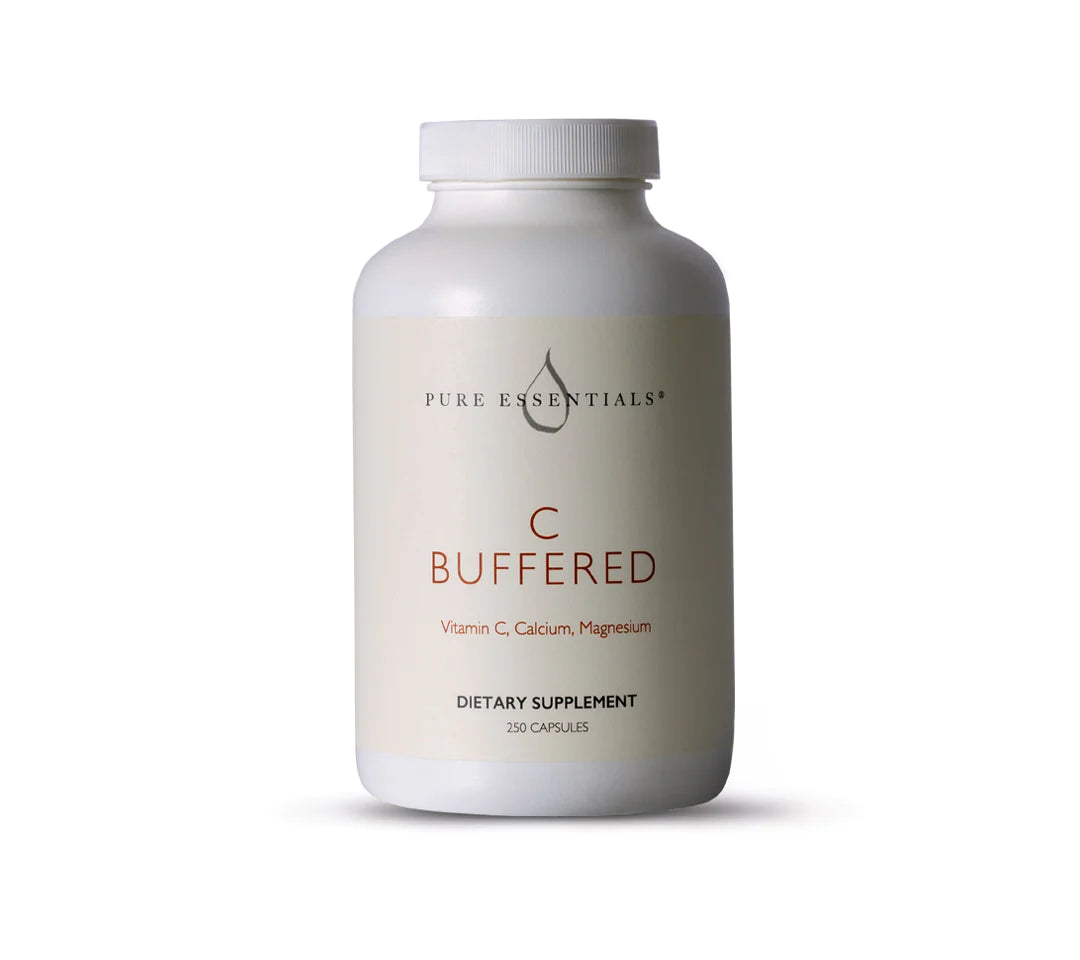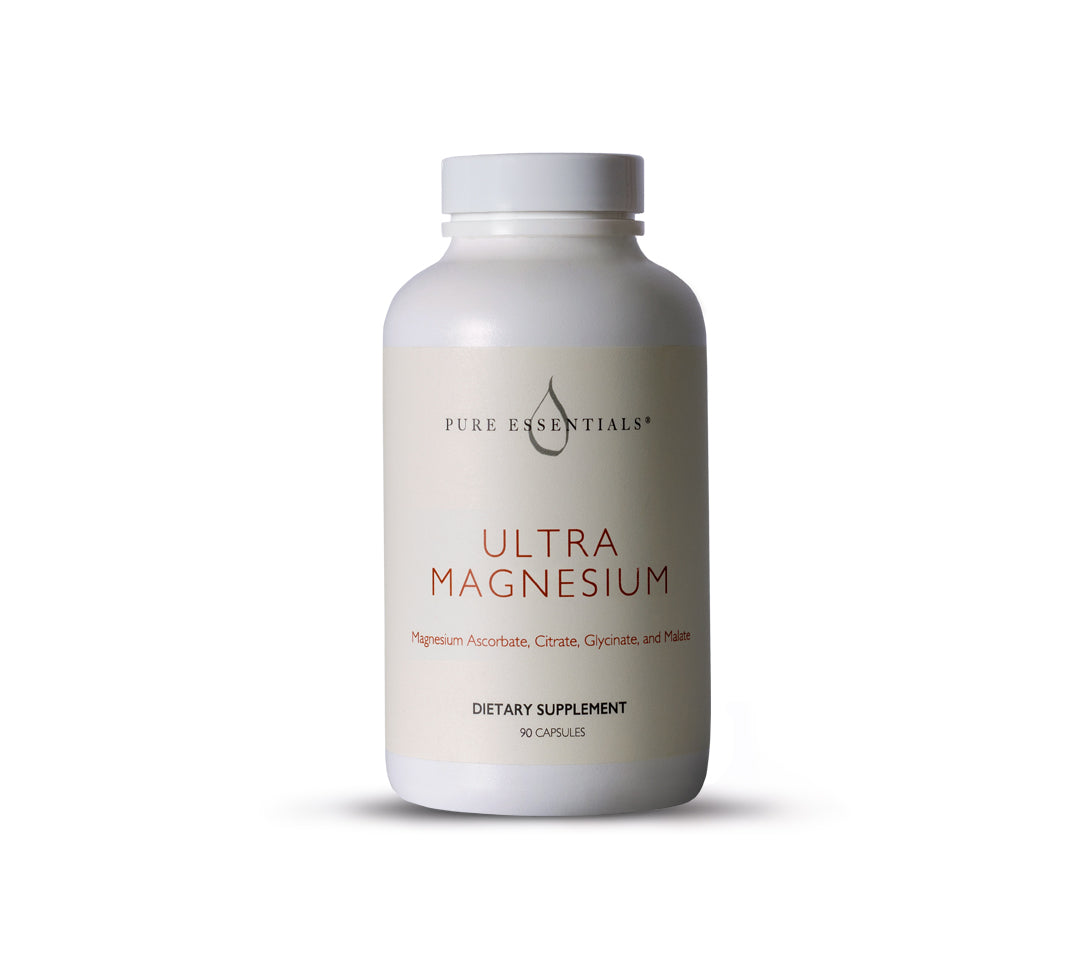Nearly 32 million Americans have food allergies, and many are unaware of how their food preparation choices impact their symptoms. Food allergies, often perceived as a fixed list of do’s and don’ts, are far more complex and intertwined with our daily choices and food’s journey from farm to fork.
Our food choices and preparations play a big role in how our bodies react to allergies.
While genetics may load the weapon, it’s our environment that often pulls the trigger when it comes to allergies. It’s true, food allergies are sometimes developed rather than inherited, representing a link between our diet and allergic responses.
At the core of most food allergies is a miscommunication of bio-language between our body and the foods we consume. When the language becomes garbled, our immune system mistakenly identifies certain proteins in foods as threats. The miscommunication triggers reactions, ranging from mild symptoms like itching or irritation to more severe responses like anaphylaxis.
Holistic Nutrition and Allergy Management
Adopting a diet focused on local and organic foods helps support immune health by reducing exposure to allergens and chemicals. It’s as easy as adjusting your shopping habits. Choose local foods that are more fresh and likely less processed than foods that were likely harvested, processed, packed, and shipped a long distance. Choose organic foods that are free from pesticides and other potentially harmful chemicals. Even better…buy locally grown organic foods.
Any of these choices may help minimize allergic reactions caused by preservatives or other ingredients not naturally present in or on your favorite foods..
Sure, it seems like common sense, but it’s also backed by science. Studies have shown that consuming a diet rich in whole foods and low in processed foods can significantly impact immune function and allergy symptoms.
Reducing Sugar for Better Health
As hard as it is to resist that pastry after a meal, sugar unfortunately isn’t our friend when it comes to allergies and inflammation. Minimizing how much sugar you eat can lessen inflammation and boost the immune function’s ability to relieve allergy symptoms.
Opt for natural sweeteners and spices to achieve enjoyable flavors without the negative impacts of refined sugar. One of our favorite examples is honey, which contains small amounts of vitamins and minerals, and has antibacterial properties.
Dietary Diversity Can Help
Foods high in omega-3 fatty acids and a diverse array of fruits and vegetables that are rich in antioxidants help support immune health and reduce allergic reactions. Pro tip: there’s an easy trick to enriching your diet with a broad range of antioxidants. Mix it up when you shop. Choose fruits and vegetables in a variety of colors to introduce a diverse set of health-boosting antioxidants.
Our Favorite Foods To Relieve Or Reduce Allergies
- Citrus Fruits: Oranges, lemons, and grapefruits are high in Vitamin C, which can act as a natural antihistamine.
- Local Honey: Consuming honey produced by bees in your area can help your body adapt to the allergens in the environment, potentially reducing your allergic reactions.
- Turmeric: This spice contains curcumin, a compound that can reduce inflammation in the body and has been shown to improve allergy symptoms.
- Green Tea: Packed with antioxidants, green tea has a compound called EGCG that can block allergy receptors.
- Yogurt and Other Probiotics: These can strengthen the immune system and potentially improve the body’s reaction to allergens.
- Apples: An apple a day can keep allergies at bay too, thanks to quercetin, an antioxidant that may protect against allergic reactions.
- Fatty Fish Salmon: Mackerel, trout, and herring also have high levels of omega-3 fatty acids.
- Flaxseeds and Chia Seeds: For vegetarians, these seeds are a great non-animal source of omega-3 fatty acids.
- Leafy Greens: Spinach, kale, and Swiss chard are loaded with essential nutrients and can boost immune function.
- Sweet Potatoes: They are a good source of Vitamin E, which has been shown to reduce the severity of allergic reactions.
- Ginger: Known for its anti-inflammatory properties, ginger can help reduce symptoms like nasal congestion.
- Garlic: It contains natural antihistamines and can boost the immune system.
Recognizing the link between our diet and allergies is essential for initiating meaningful dietary changes. By embracing holistic nutritional adjustments, we can support our immune system, alleviate allergic reactions, and promote overall health and well-being.
Try making some dietary changes today and notice the difference doing so can make in your life.










